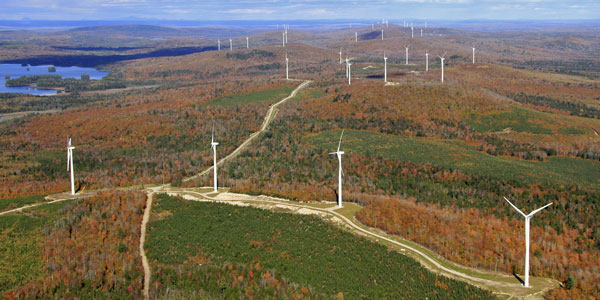By Michael Kuser
ISO-NE on Friday rejected a request that it conduct an independent analysis on whether state renewable energy and carbon reduction policies are creating a need for additional transmission.
The RTO acted in response to the Conservation Law Foundation’s May 16 letter asking it to conduct the analysis despite a May 1 submission by the New England States Committee on Electricity, which said there are no current transmission needs, although some could arise in the future.
“The ISO disagrees with the conclusion reached in the May 16 CLF letter,” Theodore J. Paradise, ISO-NE assistant general counsel for operations and planning, said in a June 9 letter to CLF Senior Attorney David Ismay. “The Tariff is clear that while there is a process for stakeholders to request an ISO review of the NESCOE letter regarding federal public policies, there is not a similar review provision for state public policy determinations made by the New England states and communicated through NESCOE.
“What NESCOE did provide satisfies, and exceeds, what is required by the FERC-approved Tariff language,” Paradise added. “Not only was a written communication regarding the existence of public policies that may drive transmission provided [by NESCOE], but each New England state submitted, as part of that communication, a thorough and reasoned explanation of why each of the identified statutes and regulations are not driving the need for new transmission in the regional planning process.”
Ismay had said NESCOE’s report was “legally insufficient for purposes of the regional system planning determinations that [FERC] Order 1000 requires.”
NESCOE responded to the CLF letter on June 1, saying that ISO-NE should only evaluate potential projects after states have indicated transmission needs resulting from their policies. (See NESCOE Defends Role in Identifying Public Policy Tx Needs.)
Ismay told RTO Insider on Monday that CLF is considering filing a complaint with FERC in response to the RTO’s determination. It “is obvious to all in the region … that state public policies, particularly those of Connecticut, Rhode Island and Massachusetts, are driving the procurement of large volumes of renewable and other low-carbon generation that are directly impacting regional transmission,” he said.




